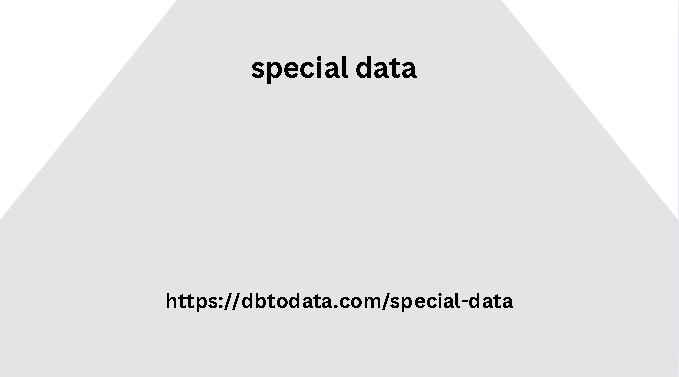If not, use your priorities as the basis for saying “no.” Give yourself time before answering: Replace an immiate “yes” with “let me take a moment to think about this” or “I’ll get back to you.” This gives you time to examine whether this involves a trigger for “yes” and whether saying “yes” aligns with your priorities. If you decide to say no, it gives you time to plan how to communicate this. Remind yourself that pleasing everyone will not please anyone.
It’s easy to make someone happy
The short term by saying “yes,” but if you overwhelm, fail to deliver on your promises, or provide substandard work, you’ll end up with a very frustrat person later on. A little disappointment in the short term is much better than long-term anger. Offer alternatives: If you want to help without saying “yes,” guide the asker to find other ways to meet their nes. While not always possible, this can ruce potential conflict or disappointment because the asker is still achieving her goals.
Don’t blame the asker It’s common
Feel annoy or angry with people who ask for something you don’t want to provide. Remind yourself that there is nothing wrong with overseas chinese in canada data asking in a professional manner, and in fact it is encourag. If you often have trouble saying “no,” that is behavior you ne to address, and there is no use blaming the person asking. Say yes to people, no to ideas.
This essentially means acknowlging
A person, but saying no to a specific idea, event, or request. For example, “Will you take on this new project?” might receive a response like, “I think this the model is still in use though project is important. Unfortunately, I am overwhelm with work and cannot give it the attention it nes to succe. I will be happy to support anyone you assign to the project and offer my expertise as ne.
This response can lessen the feeling
Ruce the tension that comes with being reject, and maintain a positive relationship with the requester. What can help you say no? This blog post is an excerpt from GovLoop’s recent guide, “7 Open Source Myths Debunk.” We interview mo tg data re than a dozen government technologists, lawmakers, and other experts to debunk common myths and help your agency make fact-bas decisions about using open source.







